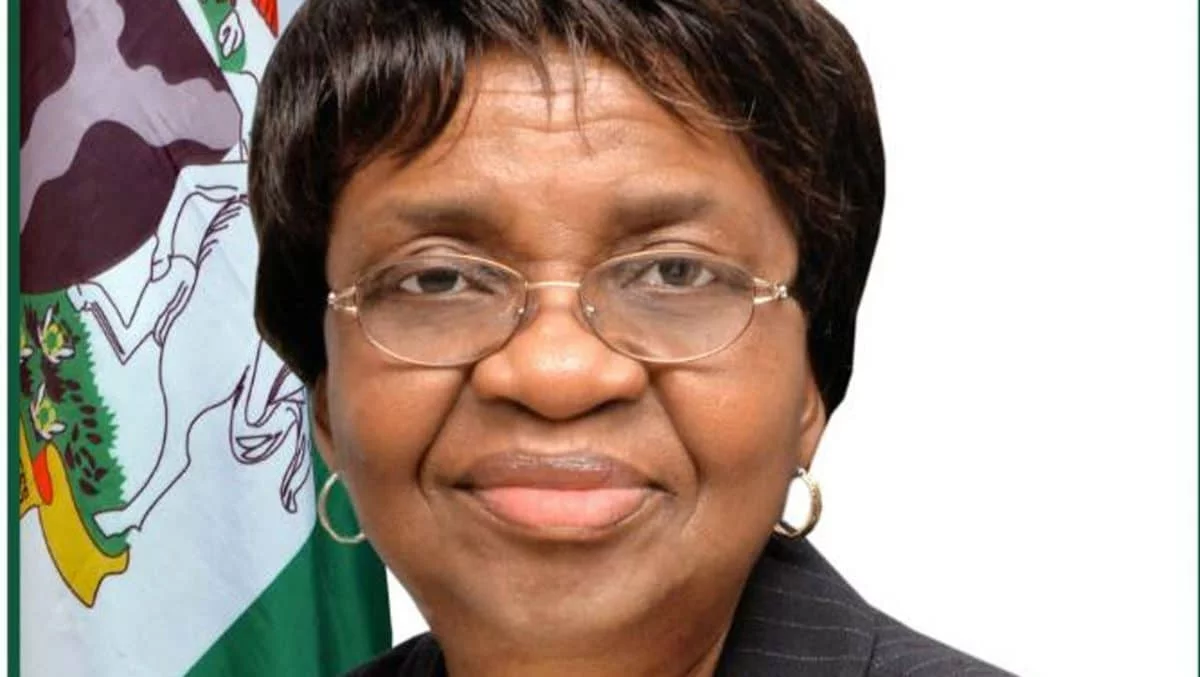
Agency says measure aims to protect minors, curb addiction and social vices linked to cheap alcohol…
The National Agency for Food and Drug Administration and Control (NAFDAC) has announced a total ban on the production and sale of alcoholic beverages packaged in sachets and small bottles below 200ml, effective December 2025.
The Director General of NAFDAC, Prof. Mojisola Adeyeye, disclosed this during a press briefing in Abuja, stating that the move became necessary to curb rising cases of alcohol abuse, particularly among minors and commercial drivers.
“The proliferation of high-alcohol-content beverages in sachets and small containers has made these products easily accessible, affordable, and concealable, leading to widespread misuse and addiction,” Adeyeye said.
She linked the consumption of such drinks to a spike in domestic violence, road accidents, school dropouts, and other social vices, describing it as a growing public health threat.
Senate Resolution and Enforcement Plan
The ban follows a Senate resolution that raised concerns over the availability of cheap alcoholic sachets to underage persons.
Adeyeye explained that NAFDAC had previously entered a Memorandum of Understanding (MoU) with industry stakeholders for a phased withdrawal, initially targeted for 2023 but later extended to 2025 to allow manufacturers time to adjust.
However, she clarified that no further extension will be granted beyond the new deadline.
“The Senate’s directive is final. Manufacturers and retailers must comply fully by December 2025,” she said.
Adeyeye emphasized that the enforcement phase will begin in January 2026, in collaboration with security agencies across the country.
‘The Ban Is Protective, Not Punitive’
The NAFDAC boss stressed that the policy is protective rather than punitive, aimed at safeguarding the health and future of Nigerians.
“This decision is rooted in scientific evidence and public health considerations. We cannot continue to sacrifice the well-being of Nigerians for short-term economic gain. The health of a nation is its true wealth,” she added.
Adeyeye called on manufacturers, distributors, and retailers to begin phasing out production lines for sachet and mini-sized alcoholic beverages ahead of the deadline, warning that non-compliance will attract strict sanctions.
Background
The sachet alcohol ban has been a long-debated issue between public health advocates and industry operators, with concerns over job losses weighed against the need to protect vulnerable groups.
Public health experts have consistently argued that sachet-packaged spirits promote underage drinking, alcohol dependency, and reckless driving, urging stronger enforcement of existing laws.
The new NAFDAC directive is expected to reshape Nigeria’s alcoholic beverage industry and intensify scrutiny on the country’s unregulated informal alcohol market.



